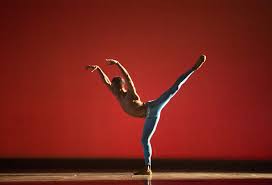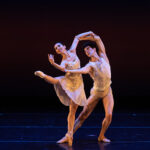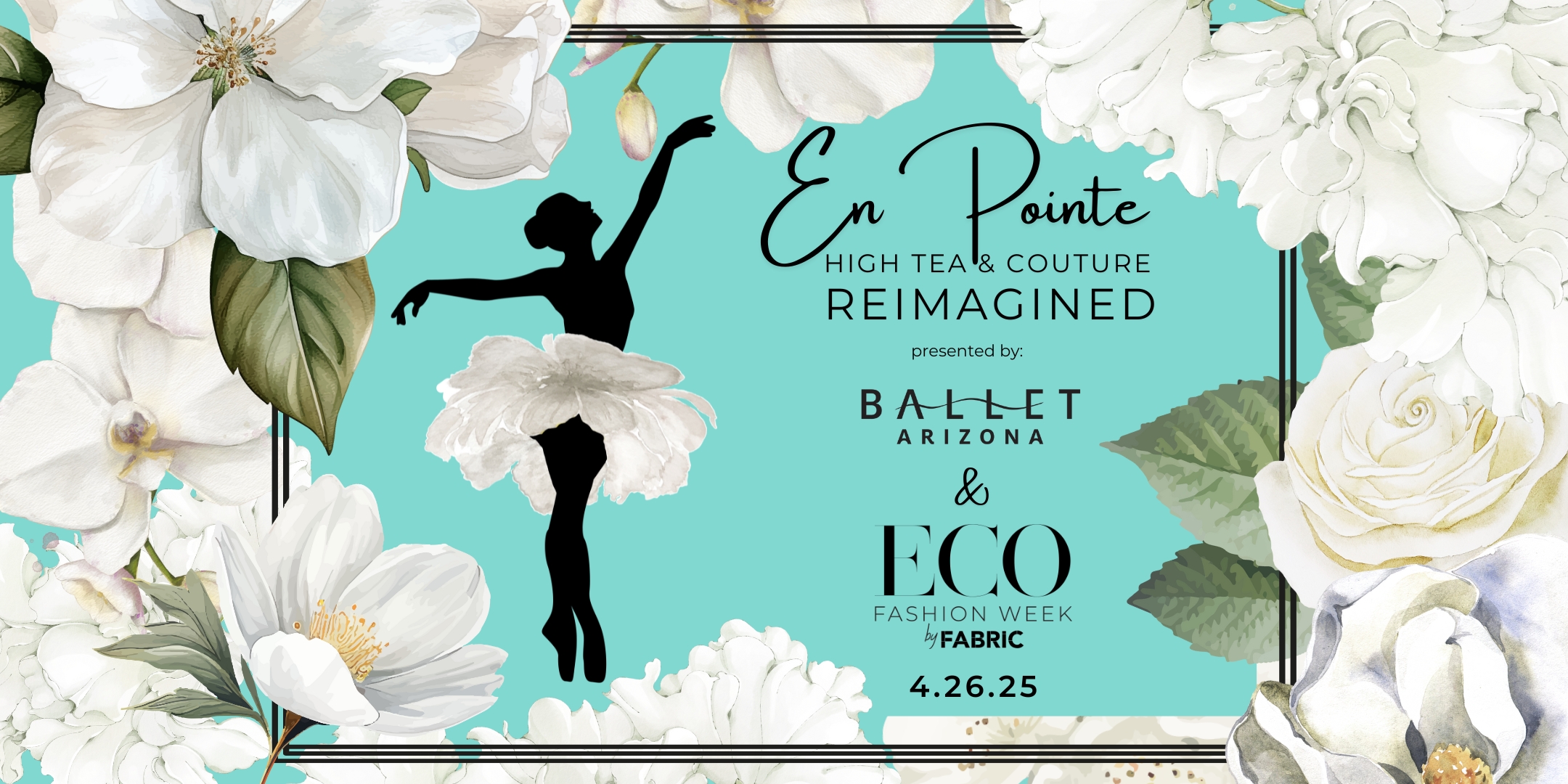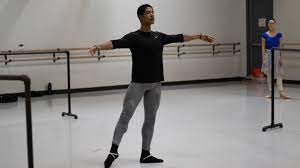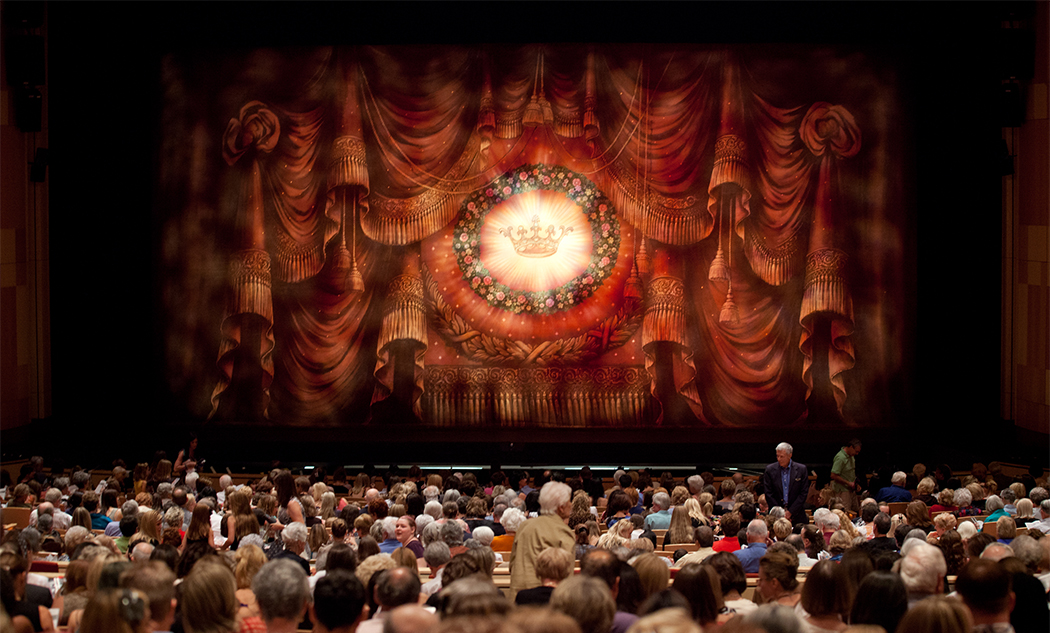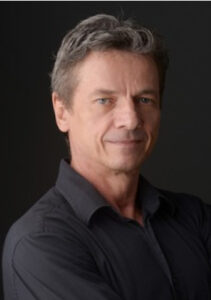
We start the year with the world-premiere of Nayon Iovino’s Moving Movies! What does this ballet mean for the company?
This a very rare and special opportunity, not just for Nayon and Ballet Arizona, but within the ballet world. There are classic story ballets that might get a take, or a new ballet on a well-known story, but you hardly, if ever, see a new ballet with an original story. It is one thing to choreograph a 20 minute piece… it is another thing to create a full-length ballet. What it requires of you as a choreographer is drastically different.
As of now, I have purposely not watched any rehearsals because I want to give Nayon the space to create. Just like you, I am very curious to see what he has created, especially as I have supported his choreographic endeavors throughout the years.
Let’s talk about Contemporary Moves!
For this season, my idea was to feature works that had Latin influence. The new Paul Taylor acquisition, Piazzola Caldera, was inspired by Argentinian Tango, and my piece, Rio, is set to Philip Glass’s Days and Nights in Rocinha. Both pieces hold an American temperament rooted by the shared Latin theme.
I always say that putting together our mixed repertory programs are like creating the perfect menu. These three ballets, which includes Nayon’s Inner Layer, are individually dynamic, so together they make a very well-rounded program for both the audience and our dancers
Why did you choose Paul Taylor’s Piazzola Caldera?
Well first, I have been a life-long fan of Paul Taylor and followed his entire career. He had such an original voice and made his stamp on the dance world. What makes his choreography so distinctive is his brain – he was daring and bold – in the best way! If you look at his catalogue of work, he touches on so many different subjects, he had no boundaries and was an artist through and through.
Piazaolla Caldera is a very sensual and technical piece, based on the Argentinian tango. For anyone who has seen true tango, you immediately know if it is good or bad. The technique and chemistry are completely dependent on one another.
This piece is going to be very challenging for our dancers. The choreography requires a specific quality of movement that is far different to how they typically dance. Performing this type of repertoire is what pushes them to grow in their artistry and that is my favorite part of the job.
What makes your fan-favorite ballet, Rio, so special?
I think a lot of it comes down to the music. Philip Glass’ Days and Nights in Rocinha is very hypnotic, it starts quietly, there is a lot of repetition and then it just builds in intensity.
When I choreographed Rio in 2017, I had originally intended to do a ballet set to music by Sergei Prokofiev but it was very dark and I did not want to feel that heaviness for weeks. One day, I was on YouTube listening to music, the Philip Glass piece came on and it was an instantaneous yes!
This will be the 3rd time we have performed Rio. The choreography is very challenging, because it also requires a specific quality of movement. The ballet is about Samba and the favelas of Brazil – or at least how I imagine them to be anyway.
I think audiences really connect to this ballet because it immediately grabs you from all sides… the music, the lighting, the costumes. Each element on its own is powerful and together is becomes a spectacle.

